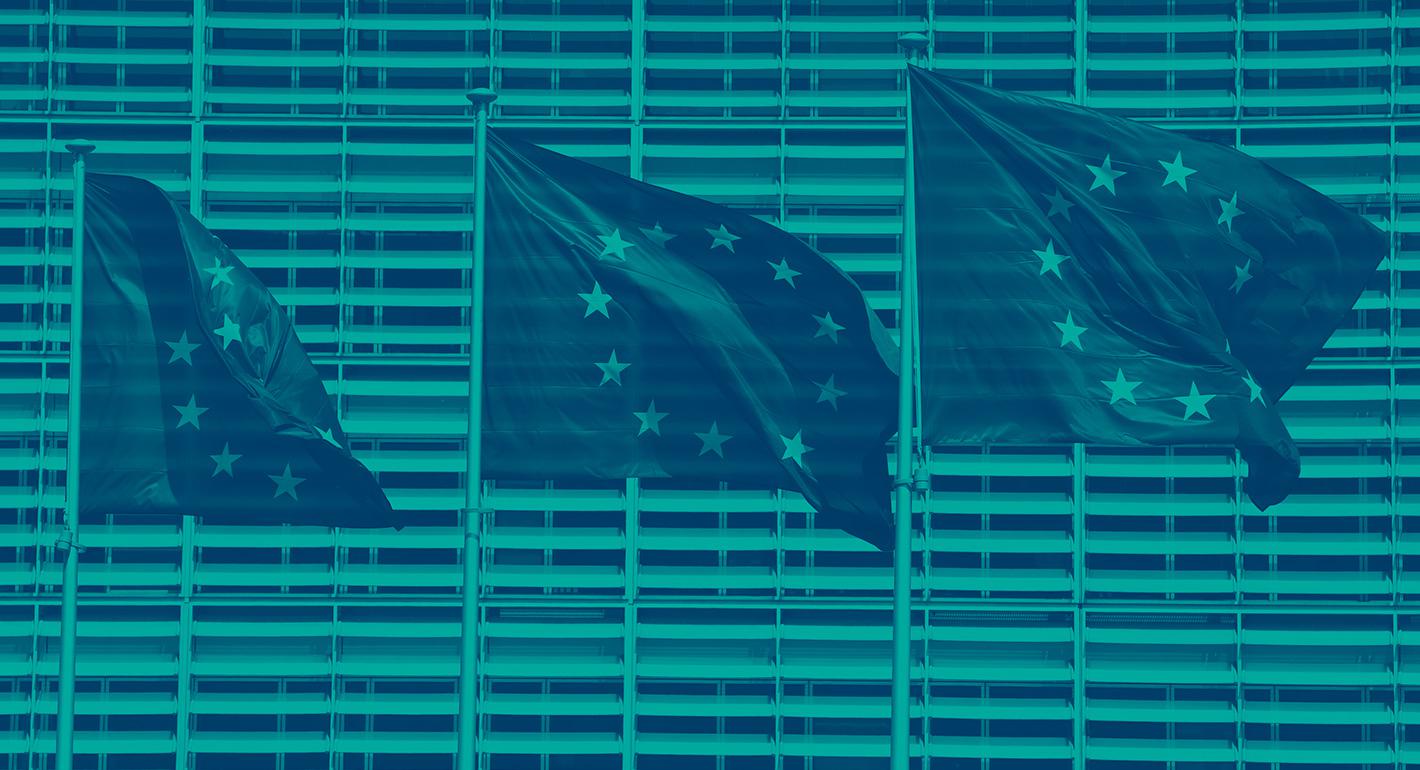Registration
You will receive an email confirming your registration.
The European Union is facing a multitude of challenges, from inflation and dwindling energy supplies from Russia to internal political divisions. Europe is now confronted with multiple threats that have forced EU member states to increase their military spending and search out new oil and gas suppliers.
The need to recalibrate Europe’s ties with Russia, and its ally China, topped the EU’s agenda earlier this year in the aftermath of the Russian invasion of Ukraine. This is especially true of Germany, which has been transitioning to a new post-Merkel era. Meanwhile, the EU’s partnership with the North Atlantic Treaty Organization (NATO) has become more interconnected than ever, even as the alliance has expanded to include Finland and Sweden.
The United States has also reengaged with Europe through a revival of the NATO alliance. All these developments, compounded by the complexities of an evidently prolonged conflict between Russia and Ukraine, raise several questions regarding the direction and capacity of the EU to act effectively in the future.
To examine the implications of the Russia-Ukraine conflict for Europe, the Malcolm H. Kerr Carnegie Middle East Center is organizing a public panel discussion on Wednesday, July 20 from 16:00 till 17:00 Beirut time with Benedetta Berti, Marc Pierini and Sinan Ülgen.
The discussion will be held in English and will be moderated by Maha Yahya. Viewers may submit their questions to the panelists using the live chat feature on Facebook and YouTube during the event. For more information, please contact Josiane Matar at Josiane.matar@carnegie-mec.org.
This event is part of 3-panel series to explore Middle Eastern, European, and international developments in the aftermath of the Russia-Ukraine conflict and assess the consequences of this conflict on the global geopolitical, economic, and security architecture.
